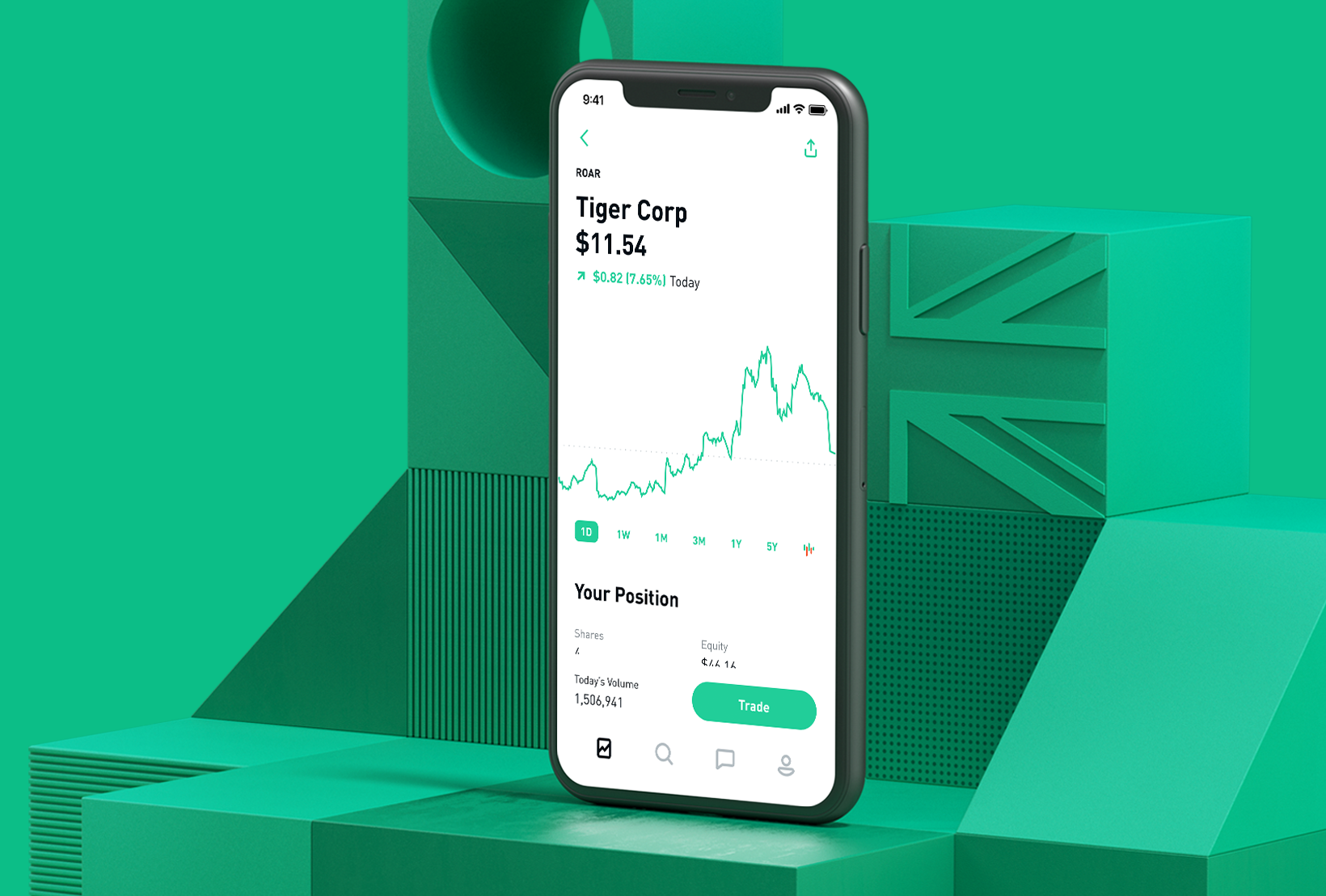
Salesforce, the global leader in cloud computing technology, has decided to enter the NFT sector. NFT Cloud, a new platform created by the industry leader in customer relationship management software, had its public premiere today. Companies and brands may make use of it to create and market NFT assets.
NFT Cloud, which claims to be an easy way to get started with non-fungible tokens, has received a lot of attention due to its simplicity of use (NFTs). Salesforce’s cloud-based solutions allow companies to develop and sell NFTs, connect with online communities, and collect data about their products. Salesforce is the engine that drives all of these capabilities.
A non-fungible token, a kind of blockchain token, may be used to prove ownership of a digital or physical asset. Any number of items, from digital artwork to profile pictures to sports memorabilia to video games, may be purchased using non-fungible tokens. On the other hand, they might be used for programs that reward consumer loyalty and offer admission to exclusive online communities and in-person events.
Salespeople are more inclined to offer useless artifacts than to use non-fungible tokens for access and engagement, according to Adam Caplan, Salesforce’s senior vice president of new technologies.
Salesforce NFT Cloud is now being tested by a small group of beta clients, but it will be made accessible to a much larger audience beginning in October. It is not yet known which blockchain platforms will be used to mint NFTs, however, the program will not support blockchains that need a considerable amount of energy to confirm transactions. Several of the company’s workers voiced worry about the idea’s potential influence on the surrounding environment when it was originally discussed.
Using Ethereum to trade non-fungible token collectibles is not feasible at this moment. It’s now under progress on Ethereum to transition from a proof-of-work paradigm to a proof-of-stake paradigm that’s more power-efficient.
Non-fungible token (NFT) technology hasn’t been confirmed by Salesforce, and the company has not said whether or not it plans to join Ethereum’s main network. Scaling solutions like Polygon and Immutable X are examples of ways to reduce Ethereum’s environmental impact.
A total of $25 billion in NFT trading volume was recorded in 2021, according to the Dapp Radar estimates. It is difficult to estimate trade activity after 2022 since the value of cryptocurrency marketplaces has been steadily decreasing. Accordingly, NFT trading’s organic sales volume is on course to exceed the previous year’s amount, with $16 billion transacted in April alone.










